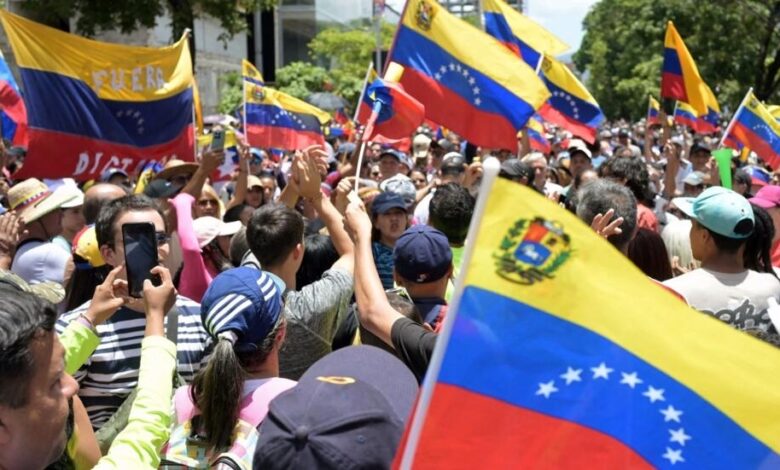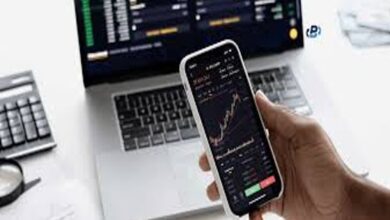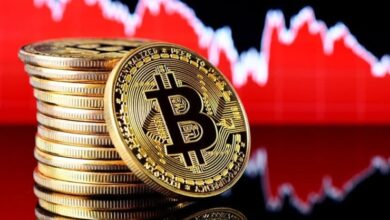Venezuela Cracks Down on Binance, X Amidst Election Unrest
Venezuela Crack down has been met with widespread criticism, highlighting the government's increasingly authoritarian approach to managing dissent.

Venezuela has taken drastic measures to restrict online access, blocking popular platforms like cryptocurrency exchange Binance, X, and other online services, amidst growing unrest following the recent presidential election.
The move has been met with widespread criticism, highlighting the government’s increasingly authoritarian approach to managing dissent.
Binance’s peer-to-peer (P2P) service holds significant importance in Venezuela, serving as a lifeline for many residents grappling with the country’s crippling hyperinflation. This service allows individuals to exchange cash for cryptocurrencies, providing a valuable alternative to the rapidly depreciating bolivar. The government’s decision to block Binance has thus severely hampered the ability of Venezuelans to access this essential financial tool.
The blocking of X further restricts access to crucial information and independent news sources. This platform has become a vital tool for communication and dissemination of information, particularly in a climate where traditional media outlets are heavily censored. By hindering access to X, the government effectively silences opposition voices and limits public discourse on the contested election results.
Binance Reassures Customers in Venezuela
Binance, a prominent cryptocurrency exchange, has reassured its users that their funds remain secure following a recent block imposed by the Venezuelan government.
The company stated that it is closely monitoring the situation and will take swift and appropriate action to address any potential issues.
This block significantly impacts Binance‘s peer-to-peer service, which has gained immense popularity in Venezuela. The service allows users to directly exchange cash for cryptocurrency, offering a lifeline for locals seeking to mitigate the severe inflation of the Venezuelan bolívar.
To circumvent the block, VE sin Filtro, a local news outlet, has advised Venezuelans to utilize a virtual private network (VPN). This recommendation follows Venezuelan President Nicolas Maduro’s decision to ban access to X (formerly Twitter) for 10 days.
The block, implemented on August 9, followed a public feud between Maduro and X owner Elon Musk, which escalated to include challenges to a physical fight.
The ban on X coincides with the blocking of the encrypted messaging app Signal, as reported by internet monitoring project NetBlocks. However, Signal remains accessible with its “censorship circumvention” setting activated.
The recent events unfold against a backdrop of widespread protests in Venezuela triggered by the disputed July 28 presidential election. Both Maduro and his rival, Edmundo González, claimed victory.
The country’s government-controlled electoral authority declared Maduro the winner with a narrow majority (51%), but without releasing a detailed vote count. González, however, maintains his victory based on collected voting machine printouts that allegedly show him receiving nearly 70% of the vote.






















































